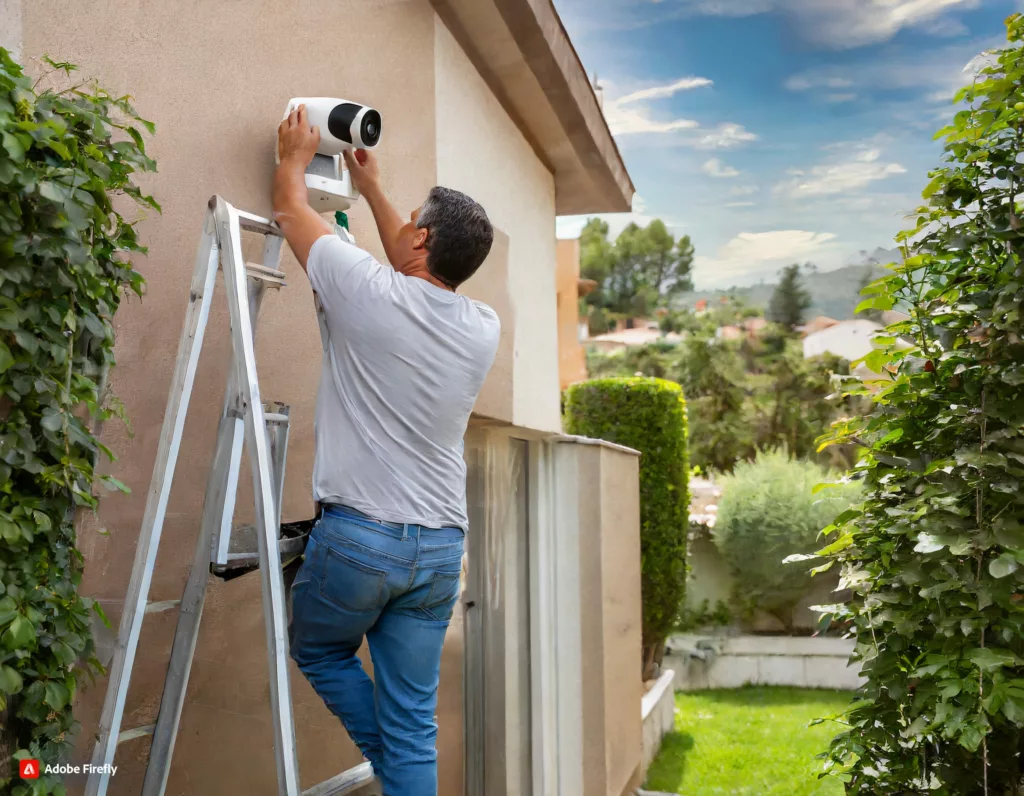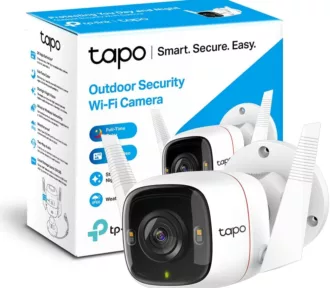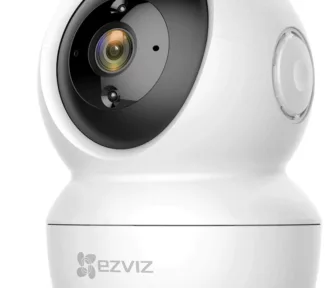In today’s digital age, security has become a paramount concern for many individuals. Whether it’s safeguarding our homes or workplaces, having effective surveillance systems has become essential. In this context, the choice between wireless security cameras and wired ones is a critical aspect to consider. Both options have their advantages and disadvantages, and selecting the right one will depend on your specific needs. In this article, we’ll provide a thorough review of these two technologies to help you make an informed decision.
Wireless Security Cameras: Freedom and Flexibility
Wireless security cameras have gained popularity in recent years due to their ease of installation and versatility. Some of the key advantages of these cameras are:
- Ease of Installation: As they lack cables, installing wireless cameras is simpler and doesn’t require advanced technical knowledge.
- Flexibility: You can place these cameras in various locations without worrying about the availability of electrical outlets or network cables.
- Remote Access: Many wireless cameras allow access through mobile applications, providing you with the ability to monitor your property from anywhere.
However, there are also disadvantages:
- Dependence on Wi-Fi Connection: The image quality and reliability of wireless cameras depend on the strength of the Wi-Fi signal. A weak connection can affect the system’s effectiveness.
- Power Source: Most wireless cameras require batteries or a constant power source, which can be inconvenient in terms of maintenance.

Wired Security Cameras: Stability and Performance
Wired security cameras are the traditional choice, and they have their own advantages and disadvantages:
- Stability: These cameras are directly powered by electricity, ensuring a constant power supply and, consequently, continuous surveillance.
- Image Quality: Wired cameras tend to offer more consistent image quality as they are not dependent on Wi-Fi signals.
- Local Storage: Some wired cameras allow for recordings to be stored on local devices, such as hard drives, which can be beneficial for privacy.
The disadvantages include:
- More Complex Installation: The installation of wired cameras often requires professional assistance due to the need to run cables.
- Less Flexibility: The placement of wired cameras is limited by the availability of power outlets and network points.
- Higher Initial Cost: The purchase and installation costs of wired cameras are usually higher compared to wireless ones.
Conclusion: The Choice Is Yours
Ultimately, the choice between wireless and wired security cameras depends on your needs and personal preferences. If you value ease of installation and flexibility, wireless cameras may be the best option. On the other hand, if you seek stability and consistent image quality, wired cameras could be the right choice for you.
Before making a decision, consider your security needs, budget, and the available infrastructure on your property. Whether you opt for the convenience of wireless cameras or the stability of wired ones, the most important thing is that you feel safe and secure in your home or workplace.






